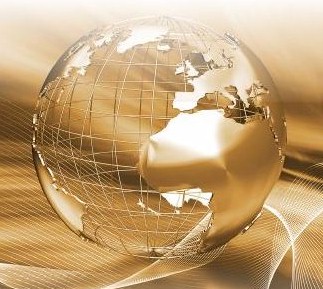|
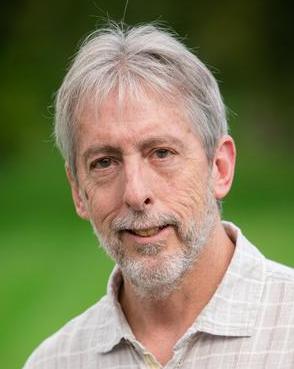
|
Polarization and Democracy: Latin America in a Turbulent World Order
1/8/26
Kenneth Roberts
Recent global upheavals pose novel challenges to Latin America, at a time when democracy is under growing pressure in the region due to political polarization, economic inequalities, and criminal violence. Dr. Kenneth Roberts will explain how Latin American countries are tackling these domestic problems while renegotiating their international economic and political relations in a rapidly changing world. |
|
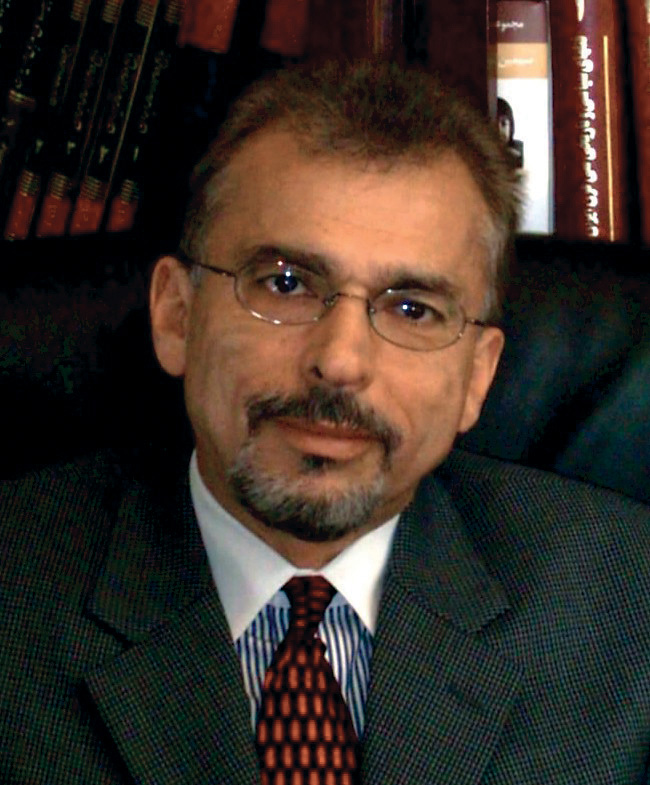
|
The Atomic Fault Line: U.S.–Iran Rivalry and the Nuclear Puzzle in the Middle East
1/15/26
Mohsen Milani
Join Dr. Mohsen Milani for a timely and thought-provoking talk on the enduring puzzle of Iran’s nuclear program. Author of Iran’s Rise and Rivalry with the U.S. in the Middle East, Dr. Milani draws on decades of scholarship and firsthand insight to examine the origins and evolution of the U.S.–Iran nuclear standoff, its regional and global stakes, and the uncertain paths that lie ahead. |
|
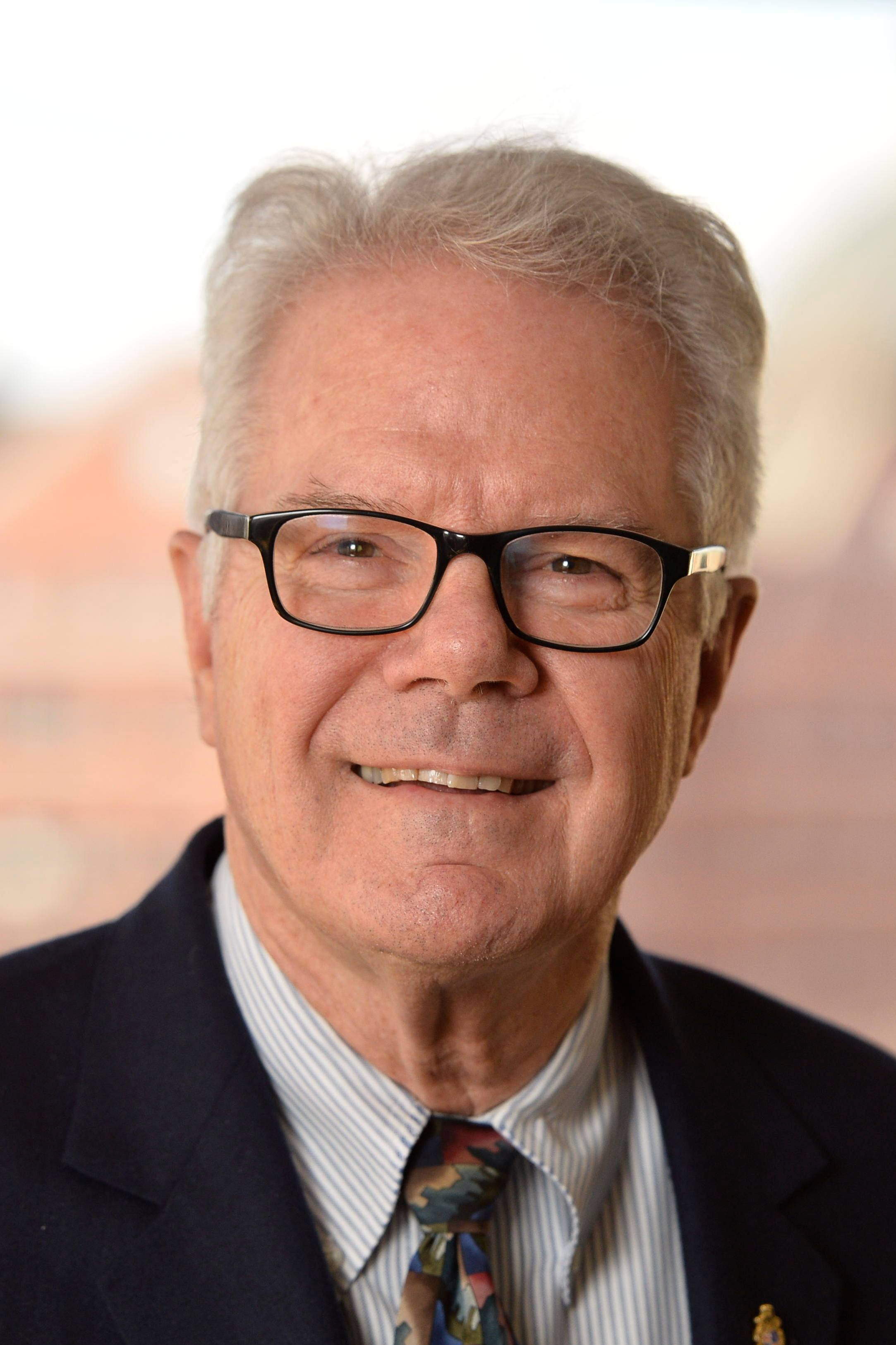
|
America and China: In a Cold War?
1/22/26
David Lampton
With economic relations between the U.S. and China deteriorating, are the countries heading to a new Cold War? Trade tensions are escalating; cyber attacks are rumored and both countries are reinforcing their military. Tariff restrictions on exports of minerals and blacklists are adding to the conflict. Dr. David Lampton will elaborate on the current state of affairs and potential remedies. |
|
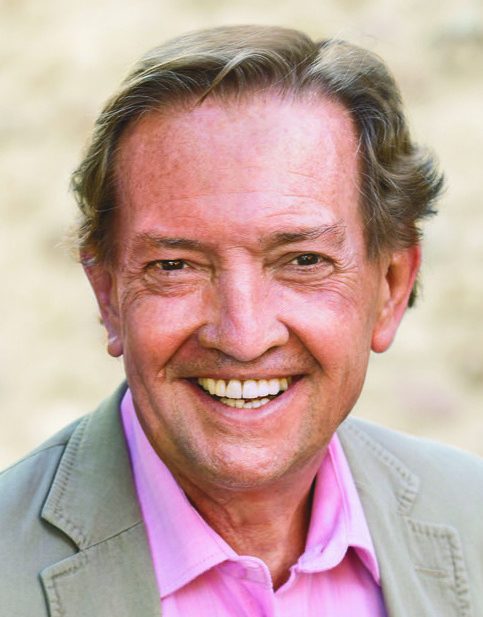
|
Can Europe Cope with Challenges from East AND West?
1/29/26
Martin Walker
Four generations of Europeans have been able to count on Big Brother America's security, economic and diplomatic support, particularly in facing down challenges from the Soviet Union and now Russia. Martin Walker will explain Europe's effort to stand on its own as an America First partner changes all aspects of the game. |
|
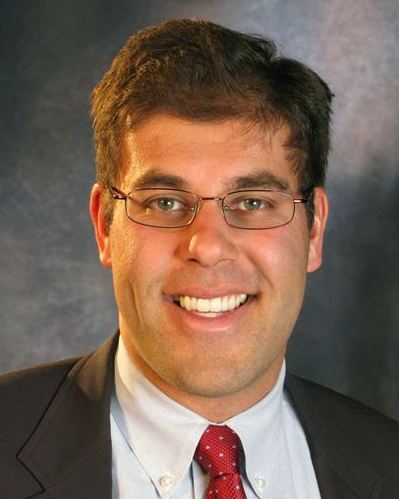
|
From the Fall of the Berlin Wall to the War in Ukraine: What Happened to the "End of History"?
2/5/26
Jeremi Suri
The Berlin Wall fell 35 years ago, and the world entered a period of remarkable openness and democratic expansion. Now the world seems very different. How did the promises of democracy then lead to the current spread of authoritarianism? Dr. Jeremi Suri will explore this history and discuss what comes next. |
|
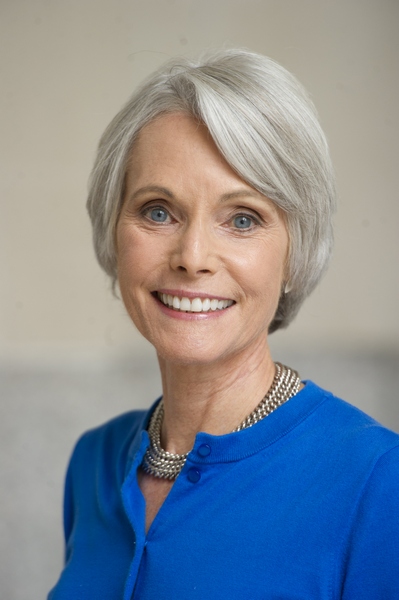
|
Putin's Russia - The Man, The People, The War
2/12/26
Jill Dougherty
Power in Putin's Russia is personal. Vladimir Putin's long-standing obsession with Ukraine, and the war he started against it, have had drastic consequences for Ukraine, for Russia, and for the world. Jill Dougherty will discuss how Putin rules Russia, his relationship with President Donald Trump, and the future of post-war Russia. |
|
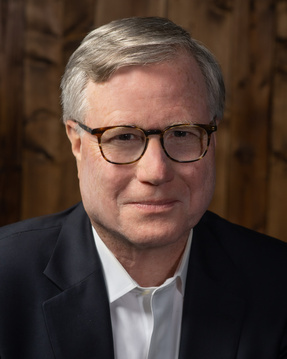
|
The 1983 Nuclear War Scare- the Greatest Nuclear Crisis You’ve Never Heard of
2/19/26
Brian Morra
Brian Morra will give historical details about the 1983 nuclear war scare and relate it to the risks we face today. |
|
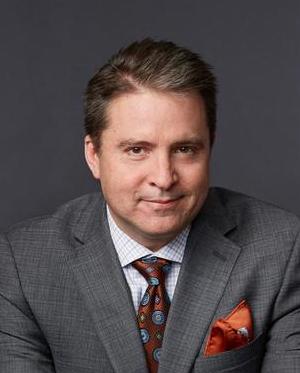
|
Our Struggle for an Honest History: The Deep Roots of White Christian Nationalism
2/26/26
Robert Jones
Is the U.S. a pluralistic democracy, or is it a divinely ordained promised land for European Christians? Dr. Robert Jones will discuss these competing visions of the nation that have divided Americans throughout our history and why this paradox survives in the form of white Christian nationalism which continues to undermine the promise of a pluralistic democracy. |
|
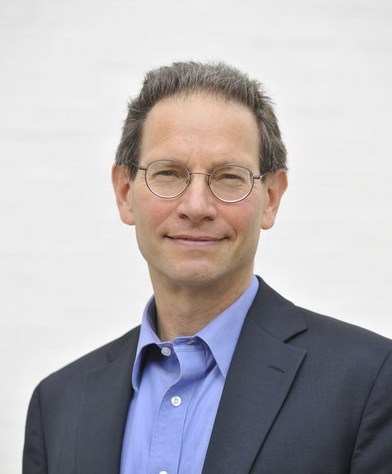
|
The Promise and Peril of Trump's America First
3/5/26
Charles Kupchan
Trump’s America First is a response to too much globalization, immigration, and war. But Trump has overcorrected with too many tariffs, deportations, and pull-back from a world in need of U.S. leadership. Dr. Charles Kupchan asks, Is there a middle ground? If so, how can a divided America find that middle ground? |
|
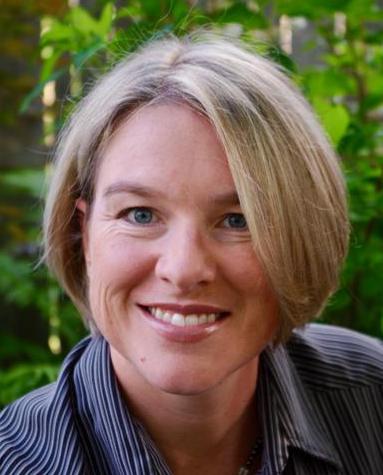
|
Understanding the Arctic: Beyond the Headlines
3/12/26
Jennifer Spence
Dr. Jennifer Spence will explore the rapidly changing Arctic through the lens of geopolitics, economics, and environmental transformation. She will discuss rising international tensions, new resource and shipping interests, and the urgent impacts of climate change—highlighting what’s at stake for the region, its peoples, and the world as the Arctic gains increasing global attention. |
|
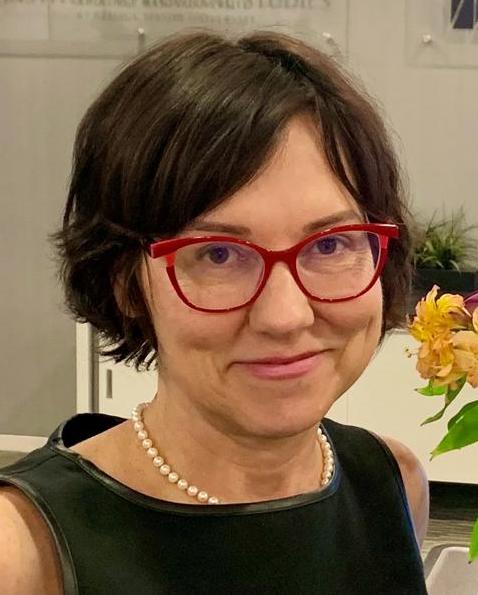
|
New Tariff Policies Upend Decades of the U.S. Approach: How's That Working Out?
3/19/26
Christine McDaniel
The United States has pursued an open economy on trade and investment for decades. Other countries emulate us, some more than others. President Trump is using tariffs for negotiating leverage. Dr. Christine McDaniel will discuss what could be achieved, what could be lost, and what is at stake for the markets. |
|
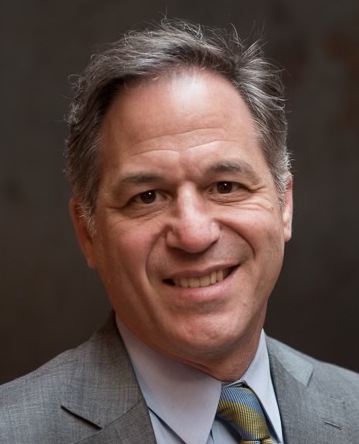
|
The Rise and Fall of the Mainstream Media: Reflections of a Recovering Journalist
3/26/26
Charles Lane
The free press once seemed an unshakeable pillar of U.S. democracy. Now, the public has lost confidence in newspapers and TV news and U.S. political culture is in decline. Charles Lane draws on four decades as a print reporter and TV talking head, to offer an explanation and reasons for hope. |
|


